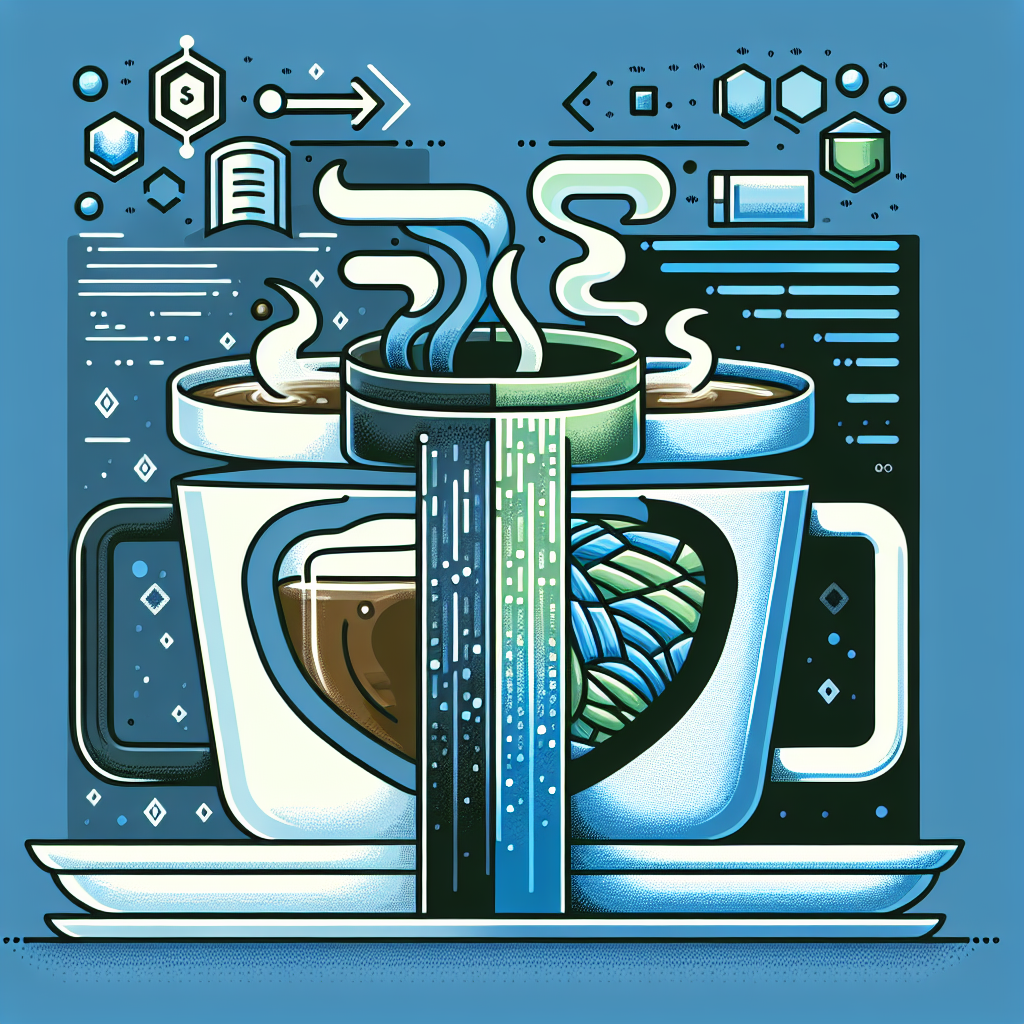Convert Java to Scala Effortlessly with Our Tool
Effortlessly convert Java code to Scala with our intuitive tool. Enhance productivity and streamline development. Try the Java to Scala converter now!
Source Code
Converted Code
Output will appear here...
The Java to Scala tool seamlessly converts Java code to Scala, enhancing developer productivity and interoperability. Ideal for developers transitioning to Scala, it simplifies code migration, ensuring efficient integration into functional programming. Perfect for modernizing legacy systems, it supports streamlined, scalable, and maintainable software development.

Java to Scala Code Converter Tool Link to this section #
Effortlessly migrate your Java code to Scala with our advanced Java to Scala code converter tool. This tool is engineered to simplify the transition process, ensuring that you can leverage Scala's powerful functional programming capabilities without the hassle of manual conversion. Whether you're a seasoned developer or a beginner, our tool offers a seamless experience.
Key Features Link to this section #
- Automatic Conversion: Instantly transforms Java syntax to Scala, maintaining code integrity.
- Syntax Highlighting: Easily identify Scala-specific enhancements and optimizations.
- Error Detection: Detects potential issues during conversion, ensuring reliable code output.
- Code Optimization: Offers suggestions for leveraging Scala features like pattern matching and immutable collections.
Benefits Link to this section #
- Enhanced Productivity: Saves time by automating the conversion process, allowing developers to focus on logic and design.
- Scalable Solutions: Adopt Scala’s features such as higher-order functions and concise syntax for more scalable applications.
- Interoperability: Seamlessly integrate Java libraries within Scala projects, broadening development capabilities.
Example Conversion Link to this section #
Java Code:
public class HelloWorld {
public static void main(String[] args) {
System.out.println("Hello, World!");
}
}
Converted Scala Code:
object HelloWorld extends App {
println("Hello, World!")
}
Why Choose Scala? Link to this section #
Scala combines object-oriented and functional programming into a concise, high-level language. Its interoperability with Java and powerful features like Akka for concurrency make it an ideal choice for modern software development.
Additional Resources Link to this section #
Maximize your coding efficiency and explore the robust capabilities of Scala today with our Java to Scala converter tool. Transition effortlessly and unlock new potential in your development projects.
Frequently Asked Questions
What are the main differences between Java and Scala?
Java is an object-oriented programming language known for its readability and extensive use in enterprise solutions. Scala, on the other hand, is a hybrid language that combines object-oriented and functional programming paradigms, offering concise syntax and powerful features such as pattern matching, higher-order functions, and immutability.
How can I migrate a Java project to Scala?
Migrating a Java project to Scala involves several steps: first, ensure your project is using a build tool that supports Scala, such as SBT or Maven. Then, gradually convert Java classes to Scala, starting with utility classes or new features. Use Scala's Java interoperability features to integrate Java libraries and code. Test thoroughly as you migrate to identify and fix any integration issues.
Is Scala compatible with existing Java libraries and frameworks?
Yes, Scala is fully compatible with Java, allowing you to use existing Java libraries and frameworks seamlessly. Scala's interoperability with Java means you can call Java methods, extend Java classes, and implement Java interfaces directly in Scala, making it easier to integrate Scala into existing Java applications.